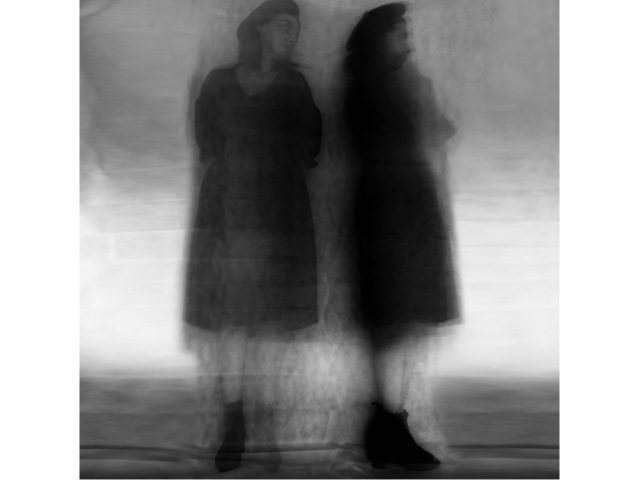Definition of “double entendre”:
According to Collins dictionary, a double entendre is “a word or phrase that has two meanings, one of which is rude and often sexual.” The website Enlightio provides a more detailed definition: a double entendre is a “figure of speech in which a word or expression reflects multiple meanings, often with one of them being rude, humorous, or suggestive in nature. It is a literary tool particularly employed for comedic or satirical effects, as well as to introduce an element of ambiguity or subtlety.”
The main aim of employing a “double entendre” is creating an amusing confusion and a subtle humorous ambiguity that lets the audience give different interpretations to a statement. The “double entendre” is intended to provoke multiple thoughts and imply indirect information as well. It usually appears in artistic fields such as poetry, cinema, music, and also in everyday communication to add a comical flavor to one’s words. This figure of speech relies basically on homophones (words that have a similar pronunciation) and homographs (words that have an identical spelling but not necessarily the same pronunciation).
Examples:
First example: One of the famous “double entendre” is found in Shakespeare’s masterpiece “Romeo and Juliet” where Mercutio says “Ask for me tomorrow, and you shall find me a grave man“. Mercutio is a character who's both comedic and unpredictable. Throughout the first two acts, he has used a myriad of double entendre and “sexual innuendo”. His allusive speech demonstrates his incredible wittiness and sense of humor. “Ask for me tomorrow, and you shall find me a grave man “ In this sentence, Mercutio wants to convey a second meaning of “grave”, which is “dead”. Even in the most critical and fatal moments, this character is not reluctant about displaying a playful attitude by using words with a double meaning. Recognizing his imminent death, Mercutio still exhibits his clever wordplay through the use of the homographic pun “grave”. Grave, meaning serious, could imply that now he's “seriously” injured and about to be put in his “grave”. The funeral usually takes place right after death to avoid the hazardous effects of the heat on the skin and body, that is why Mercutio would refer to tomorrow as the day of his burial. An audience that grasps the beauty and implicit meaning of Mercutio's words would perhaps relish both the comic and tragic aspect of his wording.
Second example: “Time flies like an arrow. Fruit flies like a banana.” This famous saying can be bewildering. If you try to understand both sentences using the same logic, you will certainly be confused. Let’s begin with the easy part “time flies like an arrow”. This sentence is a common saying that has been widespread and used for many centuries, and it serves as a reminder of how quickly the time goes by. It actually warns us against wasting one’s lifetime doing unnecessary or harmful practices and encourages us to take profit of each second of our time that because our life will end quickly and unexpectedly. In the sentence “time flies like an arrow”, “time” is the subject, “flies” is the verb, “like an arrow” is the prepositional phrase that describes the verb “to fly”. The second part is quite intriguing “fruit flies like a banana”. To understand it, we will have to consider it from a different perspective. The actual subject in this sentence is “fruit flies”, a kind of insects that are attracted to decaying plants and ripened fruits. In this case, the verb is “ like “. Thus, the meaning of this sentence is that fruit flies are small creatures that really like to eat a banana !
Third example: “I used to be a baker, I kneaded the dough but I couldn't make enough dough. So, I decided to become a baker!” Let us explain this particular sentence that is considered as a witty joke because it uses a brilliant pun with the words: “dough” and “kneaded”. The first meaning of the word “dough” is the substance that people use to make bread. However, in informal English, this word means “money”. In addition, when we talk about the word “kneaded”, it reflects the process of pressing the dough firmly and repetitively to make it smoother. However, this word “kneading” sounds like the verb “needing”. This is the reason why this joke is entertaining. “ I was a baker, but I couldn't make enough dough.” It means that I could not make enough money, that's why I decided to become a banker, because I needed the money.









